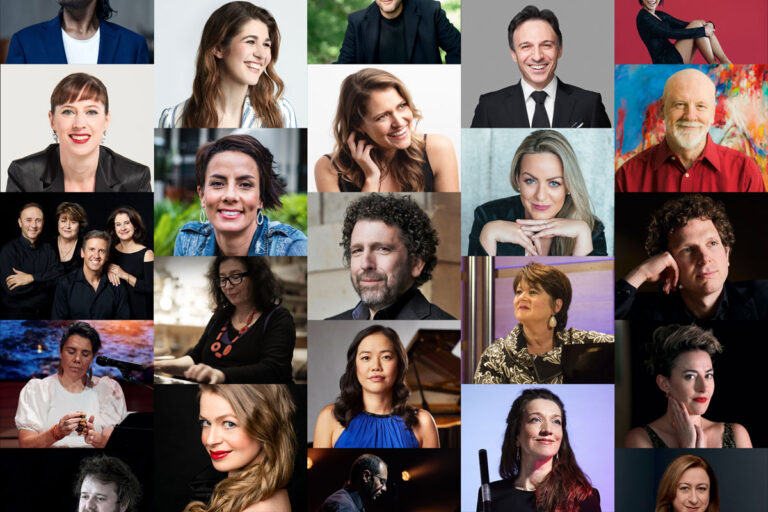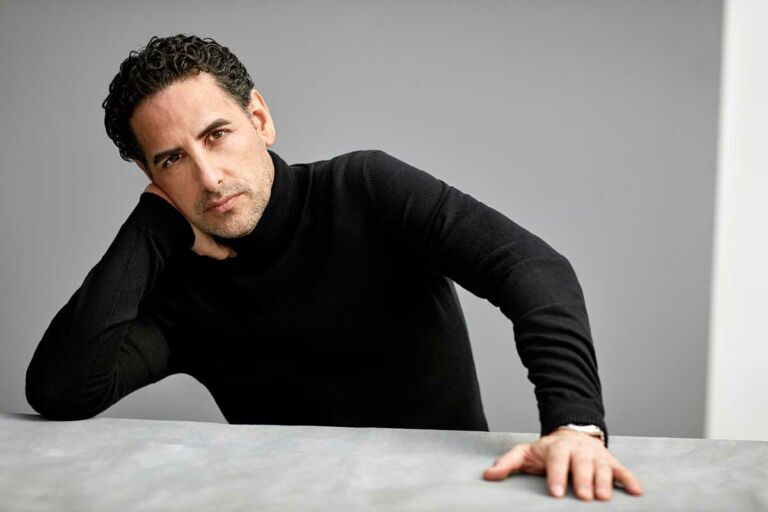When the explosive finale to Beethoven’s Symphony No. 9 was heard for the first time in 1824 in Vienna, with words from Friedrich Schiller’s German poem An die Freude (Ode to Joy), it is likely there was little awareness of either its words or music in China, where the powerful Qing dynasty ruled over vast territories. It was a song of avowed brotherhood and feverish celebration with a distinctly Northern European feel.
Who would have guessed then that a boy born in a small village in Hunan Province in 1957, who hadn’t heard any Western music before the age of 19, would take this quintessentially Teutonic piece and reinvent it as a choral concerto called Nine, filling it with his own unique cross-cultural, spiritual, musical and literary ideas?

Tan Dun. Photo supplied
That boy is composer, conductor and UNESCO Global Goodwill Ambassador Tan Dun. Growing up during the Cultural Revolution, he planted rice in a commune for several years. Trained in the Chinese Eastern musical system, he worked as a violinist and arranger at the local opera in Beijing, entering the recently reopened Central Conservatory of Music to study composition, where he encountered Western...
Continue reading
Get unlimited digital access from $4 per month
Already a subscriber?
Log in











Comments
Log in to start the conversation.